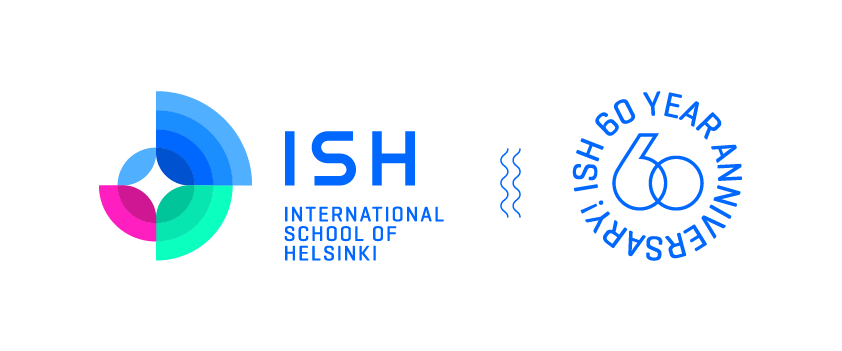NEASC Learning Principles
Learning Principle 1: Learners demonstrate understandings, competencies, knowledge and dispositions, and values that will allow them to become responsible and successful citizens
Learning Principle 2: Learning encompasses creative, moral, social, experiential, and entrepreneurial dimensions.
Learning Principle 3: Assessment measures the effect of learning on the learner. Assessment for, of and as learning includes qualitative as well as quantitative criteria.
Learning Principle 4: Meaningful learning is extended when learners explore the unfamiliar, consider a range of perspectives, and take informed risks. Mistakes are seen as opportunities for learning.
Learning Principle 5: Learners are engaged and inspired by their learning. They have autonomy over their learning and make informed choices, supported by teachers acting as coaches and mentors.
Learning Principle 6: Research, reflection, and future design-oriented thinking are valued and acted upon by the community of learners
Learning Principle 7: The learning community embraces a culture of inclusiveness
Learning Principle 8: Governance, leadership, and management support, embody and promote the organization’s intended learning impacts, norms and values.
Learning Principle 9: The design of learning spaces and the structuring of learning time are driven and shaped by the learning community’s intended learning impacts.
Learning Principle 10: Respectful, healthy, ethical relationships and interactions create a true sense of community. Communication is honest and transparent. Community values are clearly stated, actively lived and define a distinct, sustained identity.

















